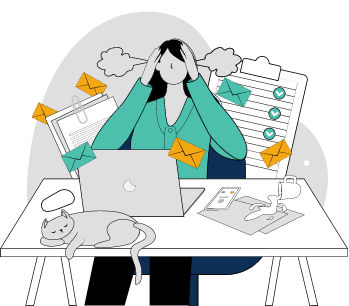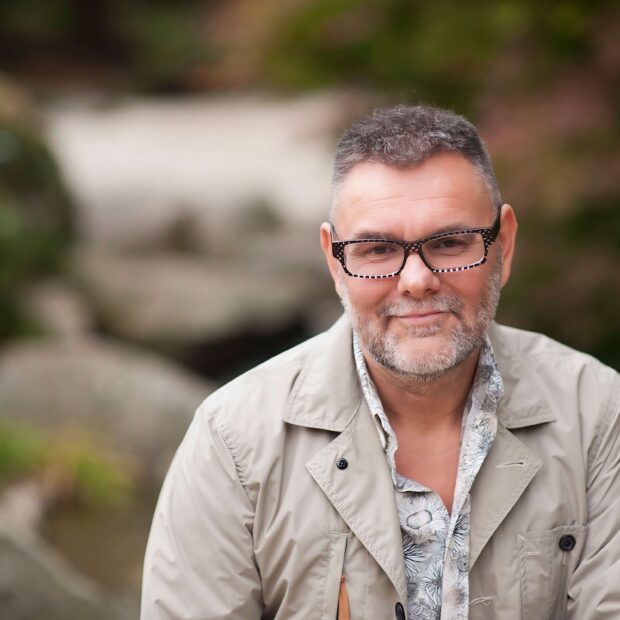Listen to this episode
On this episode
Moving from one high-pressure situation to another is bound to wind anyone up. This tension takes a toll on our wellbeing, so it’s time to embrace the power of relaxation. Relaxing isn’t just about taking a break; it’s about changing how we approach life and handle stress.
We start by prioritising relaxation in our daily routine – making it a central part of how we live. Techniques like deep breathing, and awareness of our stress levels and actively choosing to relax can make a significant difference.
Too much stress over too long leads to burnout, strained relationships, and poor decision-making. Our health suffers, and we become less effective in our professional and personal lives.
But we can set aside a few minutes each day to breathe deeply and slow down. Notice the sounds around us and take things a bit more slowly. We can choose to relax and prioritise it in small ways that can lead to big changes in our overall wellbeing.
Show links
More episodes of You Are Not a Frog:
- Eff it Living. An Evidence-Based Way to Beat Stress and Change Your Life – Episode 15, with John C Parkin
- How to Feel Happy, Calm, and Connected – Episode 170, with Dr Giles P Croft
- How to Stop Worrying When There’s a Lot to Worry About – Episode 106, with Dr Caroline Walker
About the guests
Reasons to listen
- To discover how embracing relaxation can transform your approach to stress and improve your overall wellbeing
- For practical techniques to shift focus from stress to relaxation, enhancing decision-making and personal interactions
- To understand the importance of letting go of societal expectations and focusing on personal priorities to live a more fulfilling life
Episode highlights
Applying the F**k it philosophy in daily life
The oower of acceptance
Relaxation and stress management in high-stress jobs
Understanding the barriers to relaxation
The science behind stress and relaxation
Breathing techniques for instant calm
Practical tips for everyday relaxation
The power of affirmations and mindset
Top tips for relaxation
Episode transcript
[00:00:00] Rachel: Welcome to our second replay of episodes from the past that are so good that I really wanted to make sure everybody has heard them. This is episode 130 from July, 2022. Now I find it really difficult to relax. And I know that John Parkin does too. But he has made relaxing his life’s work after discovering that being able to let go and just say f it not only made his life much better, but also killed a lot of his health conditions. [00:00:27] Rachel: I reckon we all need a bit of this as we…











